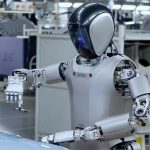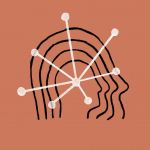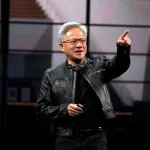OpenAI started using Google TPUs, reducing dependence on Nvidia

OpenAI began using Google’s Tensor Processing Units TPU to support ChatGPT and related services. This is one serious step by the company toward reducing dependence on Microsoft’s infrastructure and Nvidia’s monopoly.
What’s behind this decision? OpenAI is renting Google Cloud capacity with an eye toward cutting inference costs. That very process when the model generates responses to our queries. Until this moment, the company relied exclusively on Nvidia graphics processors through partnerships with Microsoft and Oracle.
Interesting nuance. Google doesn’t offer OpenAI its most powerful TPU versions! The tech giant saved the top accelerators for internal use, including developing its own language models for the Gemini project. But even access to earlier TPU versions is a strategic move for OpenAI. Under conditions of growing shortage of AI chips.
The question remains open so far: will OpenAI use TPU only for inference? Or will it venture into training its models on this platform? In any case, hybrid computing infrastructure gives the company more maneuverability for scaling under conditions of fierce competition.
It seems that Nvidia’s monopoly on the artificial intelligence market is beginning to gradually erode!
AIvengo >
Reviews >
OpenAI started using Google TPUs, reducing dependence on Nvidia
Почитать из последнего

UBTech will send Walker S2 robots to serve on China's border for $37 million
Chinese company UBTech won a contract for $37 million. And will send humanoid robots Walker S2 to serve on China's border with Vietnam. South China Morning Post reports that the robots will interact with tourists and staff, perform logistics operations, inspect cargo and patrol the area. And characteristically — they can independently change their battery.

AI chatbots generate content that exacerbates eating disorders
A joint study by Stanford University and the Center for Democracy and Technology showed a disturbing picture. Chatbots with artificial intelligence pose a serious risk to people with eating disorders. Scientists warn that neural networks hand out harmful advice about diets. They suggest ways to hide the disorder and generate "inspiring weight loss content" that worsens the problem.

OpenAGI released the Lux model that overtakes Google and OpenAI
Startup OpenAGI released the Lux model for computer control and claims this is a breakthrough. According to benchmarks, the model overtakes analogues from Google, OpenAI and Anthropic by a whole generation. Moreover, it works faster. About 1 second per step instead of 3 seconds for competitors. And 10 times cheaper in cost per processing 1 token.






